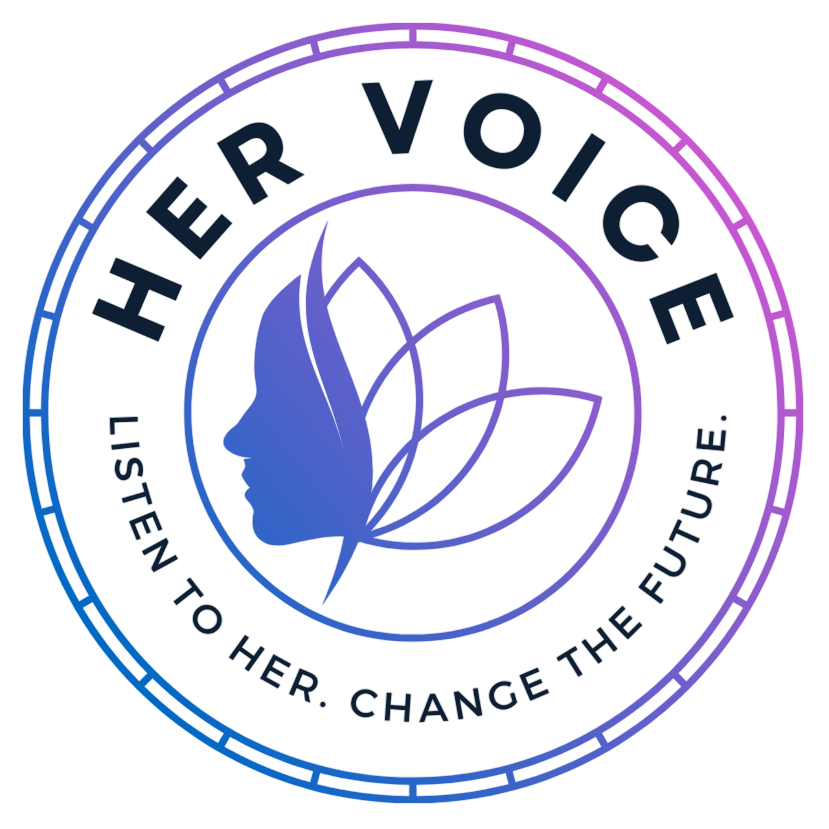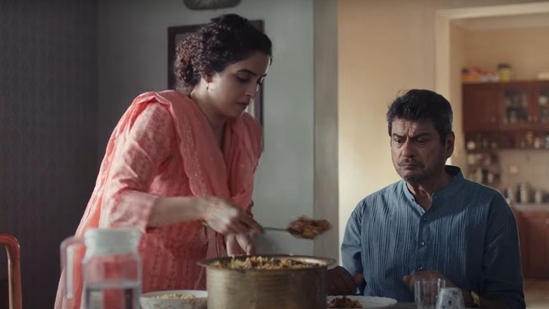Limitations in the Name of Tradition & Culture: When Values Become Chains
Tradition and culture are the soul of any society. They give us identity, roots, and a sense of belonging. They tell the stories of where we come from, how we celebrate, and how we connect with each other. But what happens when these very traditions, once meant to guide us, start to limit us?
In many parts of the world — especially in countries like India — the line between preserving culture and being trapped by it can become dangerously thin.
🧭 Tradition: A Guide or a Cage?
Traditions are not the enemy. The problem begins when they’re used as excuses to hold back progress, silence voices, or justify inequality.
Examples of such limitations include:
- Girls being denied education because “it’s not needed for a housewife.”
- Restrictions on clothing or freedom because “good girls don’t behave like that.”
- Pressuring young people into early marriage under the name of cultural duty.
- Shaming women for working, speaking out, or choosing their path.
These aren’t cultural values — they are controlling practices dressed up as “respect for tradition.”
🧓 “It’s Always Been This Way” – But Should It?
One of the most dangerous phrases we hear is:
“This is how it’s always been done.”
But just because something is old doesn’t mean it’s right. Sati was once a tradition. So was child marriage. Both have been challenged, and rightly so.
Culture should evolve with time. It should protect us, not prevent us from living fully and equally.
⚖️ When Culture Clashes with Rights
Every human being deserves:
- The right to education
- Freedom of expression
- Equal opportunities
- The ability to dream and decide
If tradition stands in the way of these rights, then it’s time to question it, not blindly follow it.
💔 Real-Life Impact: Silenced by “Sanskaar”
Many young girls and women grow up being told to stay quiet, stay small, and stay in line — all in the name of “values.” But what about her dreams, her choices, her voice?
Limiting someone because of their gender, caste, or background isn’t cultural pride — it’s cultural oppression.
✊ Let’s Redefine Respect
Respecting culture doesn’t mean:
- Ignoring injustice
- Accepting inequality
- Staying silent
It means honoring what uplifts everyone, and leaving behind what holds people back.
We can celebrate our festivals, languages, food, and heritage — while still fighting against practices that divide or harm.
🔄 Tradition With a Twist: Change Starts With Us
You don’t have to reject your roots to make change. You can:
- Ask questions – Why do we follow this rule? Who does it benefit?
- Start conversations – With parents, teachers, and peers.
- Support others – Who are challenging unfair traditions.
- Educate yourself – Know your rights and speak up.
🌟 Final Thoughts
Culture should be a source of strength, not sorrow. Tradition should be passed down with love and understanding, not fear and force. Let’s keep what’s beautiful — the colors, the stories, the unity — and let go of what’s unjust.
It’s time we stop using tradition as a tool to limit others and start using it as a light to uplift everyone.
Because real culture respects everyone equally — not just a few.


